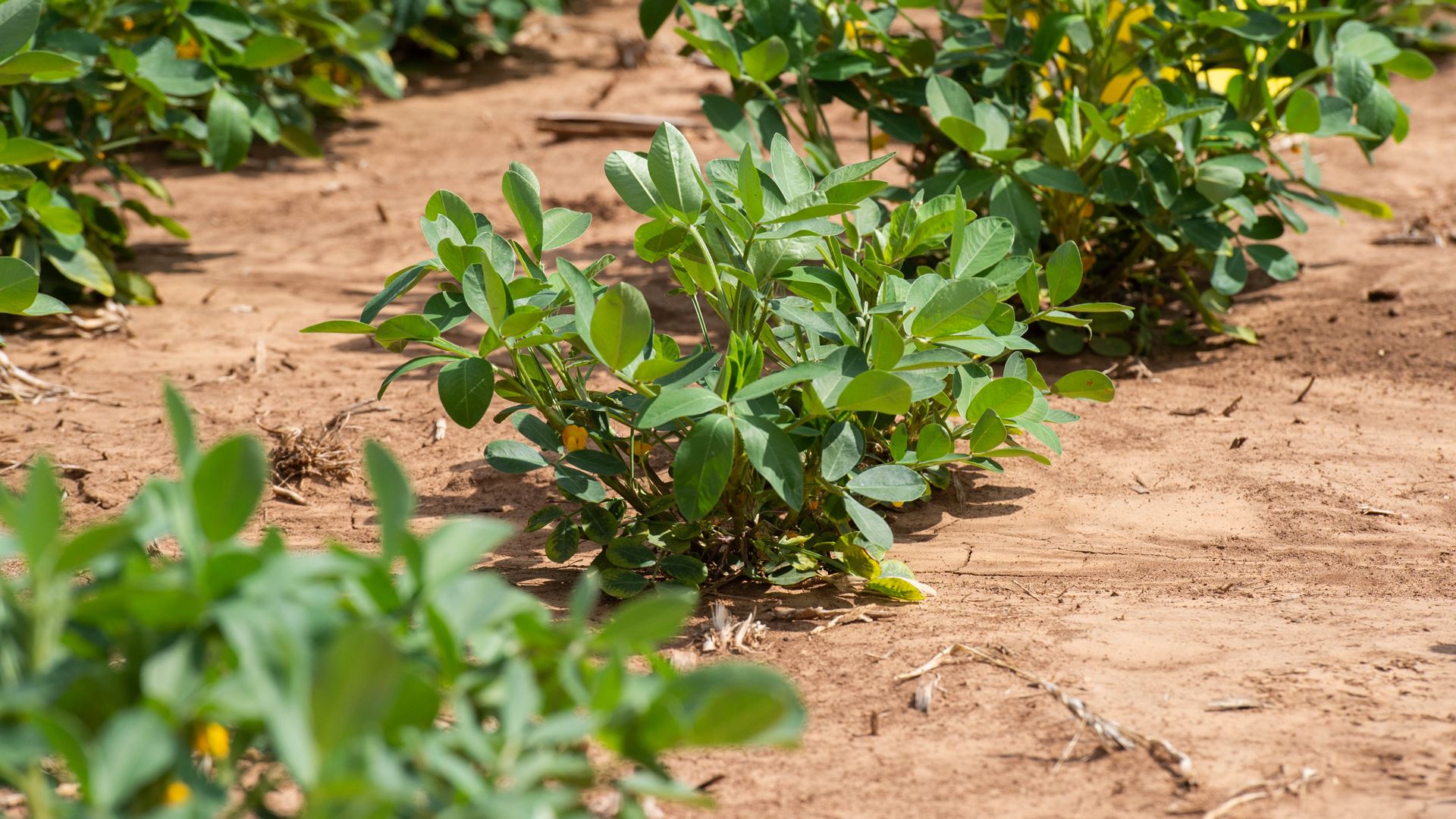New Mexico State University has been awarded $1.2 million for a collaborative research project with Auburn University and the University of Delaware. This is a four-year climate change research collaboration, awarded by the National Science Foundation’s $56 million investment in climate change research.
The research teams will conduct collaborative research to develop agricultural practices that will reduce greenhouse gas emissions, improve soil health and enhance crop resilience to climate extremes, such as droughts. The project will also train graduate and undergraduate students and research scientists in climate change research.
“This is another example of Agricultural Experiment Station researchers leading research in timely and critical subjects for New Mexico’s and the nation’s agriculture,” said Rolando Flores Galarza, dean of the NMSU College of Agricultural, Consumer and Environmental Sciences.
NMSU’s research team includes Rajan Ghimire, associate professor and cropping systems agronomist at NMSU’s Agricultural Science Center at Clovis; Shannon Norris-Parish, agricultural and Extension education assistant professor; and Jinfa Zhang, plant and environmental sciences professor.
“We will develop crop management practices to improve soil health and resilience in New Mexico and investigate how to minimize the environmental footprint of crop production in the southwest,” said Ghimire, who is leading NMSU’s research team. “We will train students through science and our Extension education, and farmers will be directly engaged so they learn how to cope with weather variability and climate change because it is becoming more prevalent in our region.”
Cotton and peanuts are the two main crops studied in this project. Cotton and sorghum will be tested in New Mexico on this project. Ghimire will focus on the research at the Agricultural Science Center at Clovis, which will experiment with biochar, a charcoal-like substance used to rejuvenate soil health, and compost in laboratory, greenhouse and field settings. They will measure different soil properties to determine soil carbon storage, soil biology and nutrient cycling in response to biochar and/or compost application.
In Las Cruces, Zhang will conduct greenhouse and field experiments to develop a genetic strategy to improve climate resiliency by growing and testing 400 different lines of cotton to find a trait that works for drought resistance. Norris-Parish will be developing educational efforts and will work with farmers to survey which adaptation measures they use to cope with climate change.
“We will work with Auburn University researchers in developing and improving cropping system models to simulate what will happen if frequency and intensity of extreme events increases,” Ghimire said. “Knowing which crop varieties work better and what soil management practices to follow will better prepare New Mexico farmers for future climate challenges, and this helps NMSU be at the forefront of dealing with that issue.”
For more information on the NSF collaborative project, visit https://www.nsf.gov/awardsearch/showAward?AWD_ID=2316278.
-30-
Photo captions: Peanuts, along with cotton, are the focus of a collaborative research by researchers at New Mexico State University and two other universities to develop agricultural practices that will reduce greenhouse gas emissions, improve soil health and enhance crop resilience to climate extremes, such as droughts. (NMSU photo)
Image description: A peanut crop in a field.

